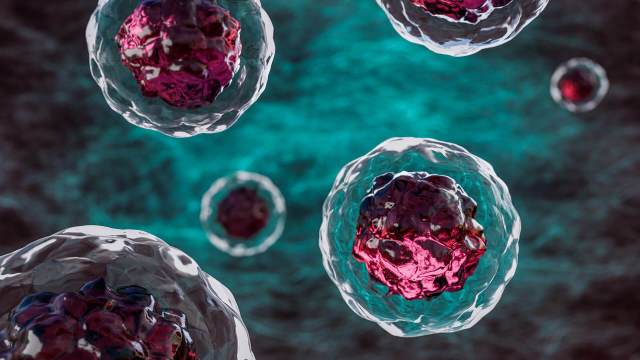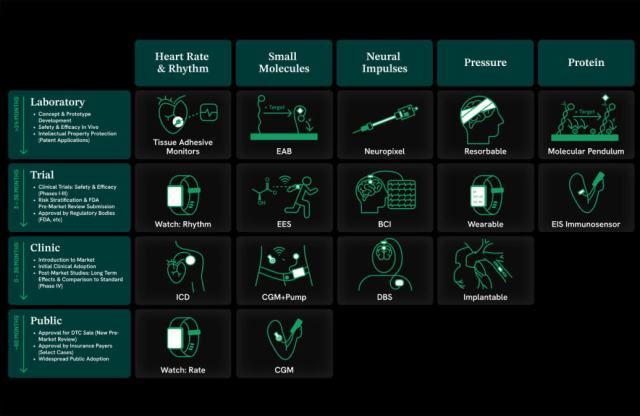Jun 1, 2017 · 3 min read
Building a Data Coordination Platform for the Human Cell Atlas
Today, we announced funding for a new collaboration with the Broad Institute of MIT and Harvard, the European Bioinformatics Institute (EMBL-EBI), and UC Santa Cruz to build a data coordination platform for the Human Cell Atlas.
The Human Cell Atlas is an international effort to map and characterize all cells in the healthy human body. Once complete, it will be an invaluable resource to help scientists better understand how healthy cells work, and what goes wrong when disease strikes.
Across the globe, scientists and engineers are using the latest genomic and imaging techniques to bring this project to life. They are producing an incredible volume and diversity of data, giving us a better understanding of cell types, numbers, locations, and interactions. A modular, extensible, cloud-based data coordination platform is needed to organize and standardize these data so labs can easily compare findings, reproduce analyses, and share results with the scientific community as widely and openly as possible.
The size and scope of this new data platform will require large-scale collaborations between informatics and genomics experts across academia and industry. We are thrilled to bring together three of the world’s leading institutions in genomics, informatics, and data sharing to build this important new resource — and our own software engineers will help develop the tools and facilitate the collaboration.
All development on this project will be performed in the open, through code sharing and public roadmaps and discussions. An open-source, cloud-based data coordination platform will not only accelerate the work of the Human Cell Atlas; it will accelerate future collaborative scientific efforts by providing modular and extensible software and web services that others can easily adopt.
None of this would be possible without the leadership of Sarah Teichmann from the Wellcome Trust Sanger Institute, Aviv Regev from the Broad Institute, and the entire international scientific community who are working tirelessly to make the Human Cell Atlas a reality. When collaborations happen across borders and institutions, and between scientists and engineers, progress is accelerated, and we all move closer to curing, preventing, or managing all diseases in our children’s lifetime.
Remarks from Cori Bargmann, Head of Science:
Our technology and science teams are working with some of the the greatest minds in genomics and informatics to build a data coordination platform for the international Human Cell Atlas project. Earlier today, our President of Science, Cori Bargmann, announced our support for the platform at a Human Cell Atlas Conference in Stockholm, Sweden.





